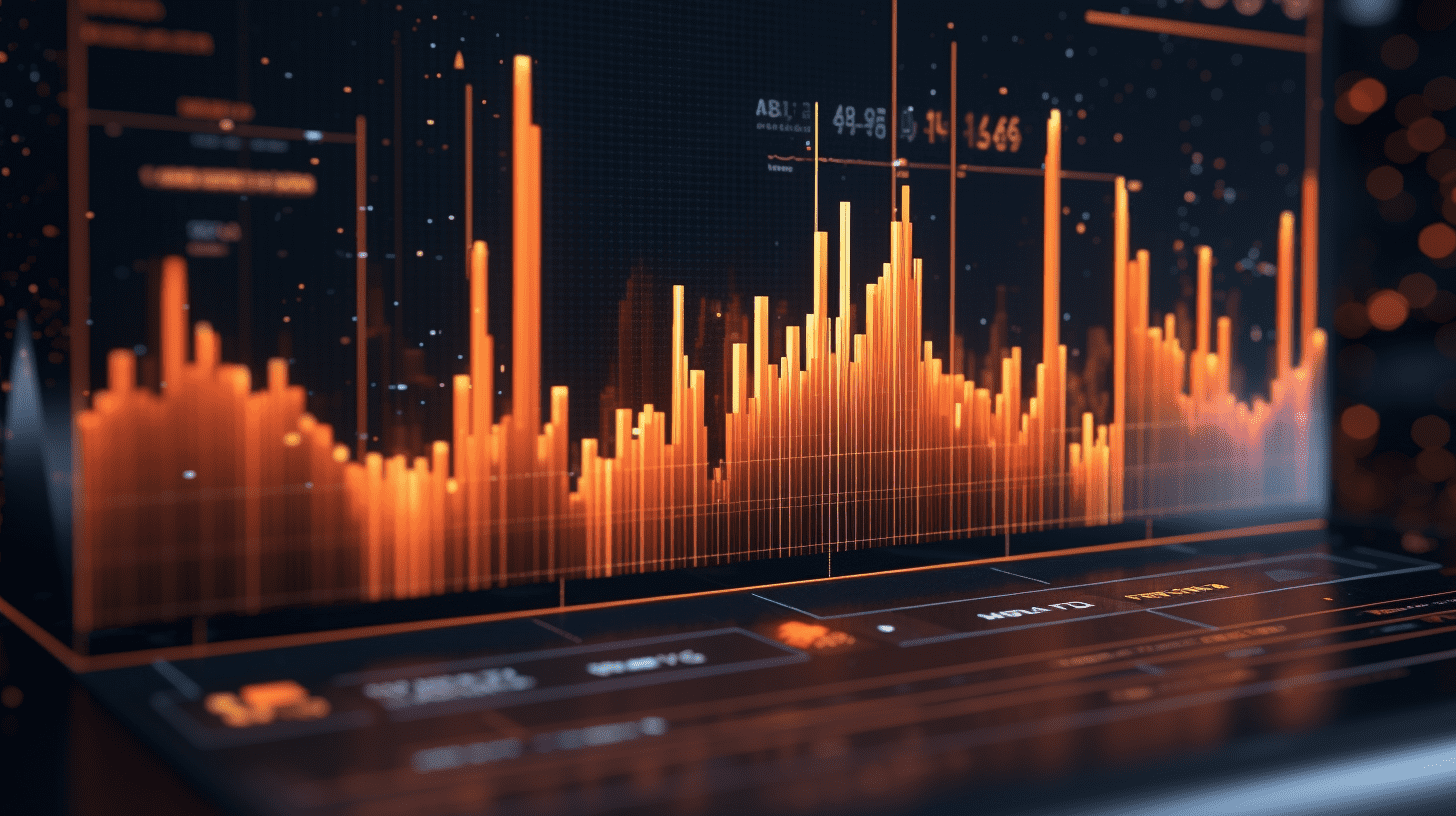As the game of rare earths and tungsten between China and the United States intensifies, the focus is on the defense tungsten Almonty (ALM.US) will go public in the United States.
Tungsten producer Almonty Industries Inc. is listed on Nasdaq and raised 90 million USD to ensure its ability to supply the US defense market.
Almonty Industries Inc has successfully landed on the US stock market, raising approximately $90 million when listed on the NASDAQ to ensure its ability to supply the US defense market. The company is currently listed on the Toronto Stock Exchange, Australian Stock Exchange, Frankfurt Stock Exchange, and the over-the-counter market, pricing 20 million American depositary shares at $4.50 per share. The company's stock is set to begin trading on the NASDAQ Capital Market under the symbol "ALM" after the opening bell on Monday.
Documents submitted to the Securities and Exchange Commission show that Almonty intends to use the funds raised for important purposes including building infrastructure for tungsten oxide. The company initially planned to raise $75 million, but ultimately exceeded expectations.
The document stated that shareholders had voted in February in favor of the company moving its registration from Canada to Delaware in the US, reflecting the increasing importance of the US market in its strategic positioning. It is understood that Almonty has signed a long-term contract with an undisclosed US defense company for a period of 15 years.
The IPO document noted that this comes following the US government's announcement of plans to ban the purchase of tungsten produced or refined in countries such as China, Russia, and North Korea for military purposes starting in 2027, in order to completely halt the dependence of US defense contractors on these countries for key minerals.
Almonty's main asset is the Sangdong tungsten mine located in South Korea, and also owns and operates a large mine in Portugal.
The company's market value on the Toronto Stock Exchange is approximately CAD 1.5 billion (around USD 1.1 billion). In the first quarter of 2025, the company had revenues of approximately CAD 7.9 million and a net loss of CAD 34.6 million; in comparison, in the same period the previous year, the company had revenues of CAD 7.8 million and a net loss of CAD 3.8 million.
The issuance was jointly led by Wall Street financial giants Oppenheimer and Cantor.
In the context of the US-China resource game, tungsten is quickly evolving from an obscure metal to a heavyweight card. Tungsten, with its high melting point, density, and hardness, supports crucial military components and is irreplaceable in industries such as hard alloy tools; China and Russia together account for about 80% of global tungsten concentrate and nearly 90% of deep processing capacity, placing these two countries under the geopolitical spotlight similar to rare earths in terms of supply chain security, export control, and defense procurement. The US has announced plans to ban the purchase of Chinese, Russian, and North Korean tungsten for military purposes starting in 2027, and is seeking alternative sources while supporting overseas mines, indicating that the importance of tungsten is approaching that of rare earths.
Why is tungsten so crucial to the military industry? Firstly, its extreme physical properties support high-end weapons, with a melting point of 3422 C, a density of 19.3 g/cm, and high hardness, making tungsten suitable for withstanding high temperatures, pressures, and kinetic energy. In the field of armor-piercing bullets, ultra-high-energy penetrators, tungsten alloys are the preferred materials to replace depleted uranium, providing high penetration without generating radioactive pollution; in the military industry fields such as aerospace, missile hot end components, rocket nozzles, and electron beam heating elements, all rely on tungsten's high temperature stability. The broad industrial demand amplifies its criticality, as hard alloy tools/drills account for approximately 60% of US tungsten consumption, crucial for high-end manufacturing chains including aerospace, automotive, and energy.
Rare earths and tungsten are both "essential + high-risk" raw materials closely monitored by the US Critical Minerals Act; however, tungsten is more irreplaceable in high-energy weapons and advanced processing tools, with a small but urgently needed quantity, causing its "chokehold" effect in some scenarios to be comparable to that of rare earths.
Tungsten, with its unique physical properties supporting key military and high-end manufacturing processes, has a global supply chain highly concentrated in China. The US is accelerating the prohibition of tungsten supply from China and Russia and diversifying its sources to reduce strategic vulnerability, but it remains difficult to break the dependency in the short term. Compared to rare earths, the irreplaceability of tungsten in specific weapon systems and industrial bases has elevated its strategic importance to "rare earth levels", making it a new focus in the current US-China trade game.
Related Articles

US Stock Market Move | General Motors Company (GM.US) fell 7.7% at one point, with the Chief Financial Officer predicting that the impact of tariffs could reach up to $5 billion this year.

US Stock Market Move | The Nasdaq Golden Dragon Index in China rose by 1.35%, with popular Chinese concept stocks collectively gaining strength.

ANTON OILFIELD (03337) Second quarter new orders of 3.012 billion yuan, an increase of 14.2% year-on-year.
US Stock Market Move | General Motors Company (GM.US) fell 7.7% at one point, with the Chief Financial Officer predicting that the impact of tariffs could reach up to $5 billion this year.

US Stock Market Move | The Nasdaq Golden Dragon Index in China rose by 1.35%, with popular Chinese concept stocks collectively gaining strength.

ANTON OILFIELD (03337) Second quarter new orders of 3.012 billion yuan, an increase of 14.2% year-on-year.

RECOMMEND

U.S. Congressional Budget Office: “Big and Beautiful” Act to Increase Deficit by $3.4 Trillion
22/07/2025

Fierce Midfield Battle for AI Talent: Domestic Shortage Reaches 5 Million While Overseas Giants Offer Multimillion-Dollar Salaries
22/07/2025

National-Level Housing Rental Regulations Issued to Strictly Regulate Fake Listings, Group Rentals, and Irregular Rent-to-Loan Practices
22/07/2025


